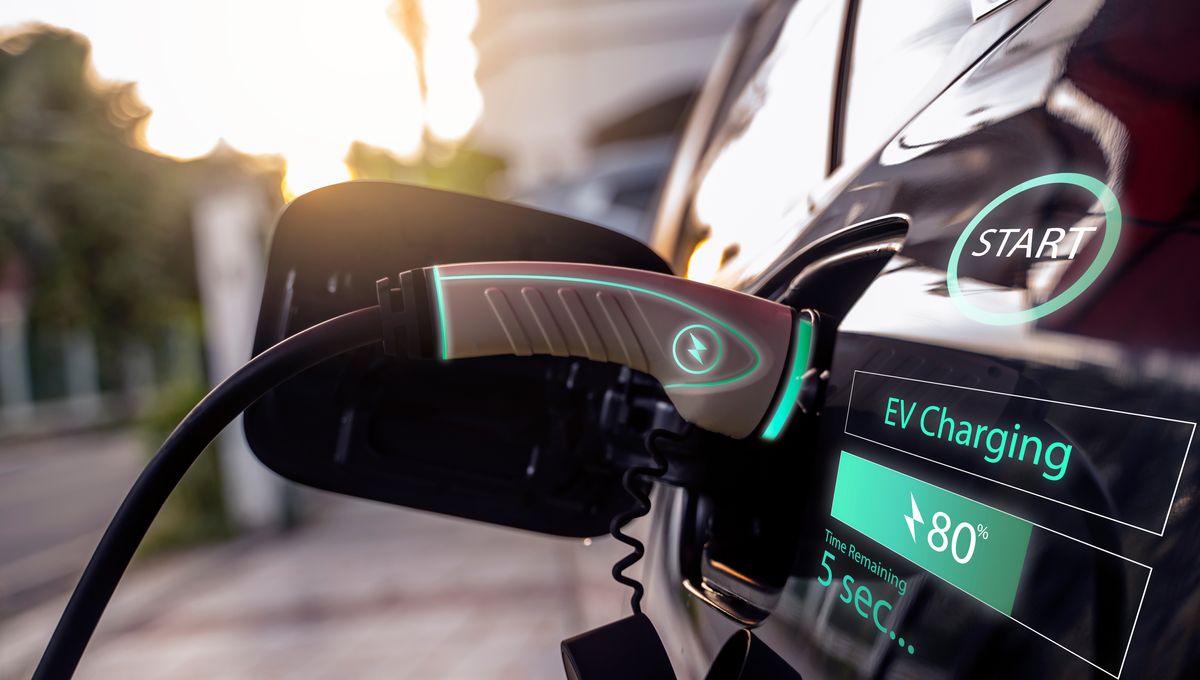
Engineers have developed a new lithium battery with better electrodes that could change charging speed significantly. Their new battery charges in under five minutes, which is faster than any current battery available on the market, particularly when it comes to electric vehicles’ batteries.
The researchers looked at a system that had an asymmetry between charging and discharging. They needed them to charge very quickly while discharging very slowly. They looked at the rate at which chemical reactions occur compared to the rate of motion of certain chemicals to get to the reaction site.
They found that indium was an interesting metal to employ in the battery. It moves pretty quickly but has slow surface reaction kinetics, so it can be charged pretty quickly and discharged slowly. A great candidate.
“Our goal was to create battery electrode designs that charge and discharge in ways that align with daily routine,” lead author Shuo Jin, from Cornell University, said in a statement. “In practical terms, we desire our electronic devices to charge quickly and operate for extended periods. To achieve this, we have identified a unique indium anode material that can be effectively paired with various cathode materials to create a battery that charges rapidly and discharges slowly.”
The battery is exciting, but not perfect. Indium is quite heavy, so that would affect where and how such batteries can be used. However, the researchers believe that there might exist alloys with similar advantageous properties as indium but without drawbacks – and those could be the batteries of the future.
The development of such a battery would mean the ability of electrified transportation could be expanded, in terms of both “fuel stops” and distance traveled. That is often called range anxiety.
“Range anxiety is a greater barrier to electrification in transportation than any of the other barriers, like cost and capability of batteries, and we have identified a pathway to eliminate it using rational electrode designs,” added Professor Lynden Archer, who oversaw the project.
“If you can charge an EV [electric vehicle] battery in five minutes, I mean, gosh, you don’t need to have a battery that’s big enough for a 300-mile [483-kilometer] range. You can settle for less, which could reduce the cost of EVs, enabling wider adoption.”
A paper describing the breakthrough is published in the journal Joule.
Source Link: New Lithium Batteries Last Longer And Charge In Less Than 5 Minutes